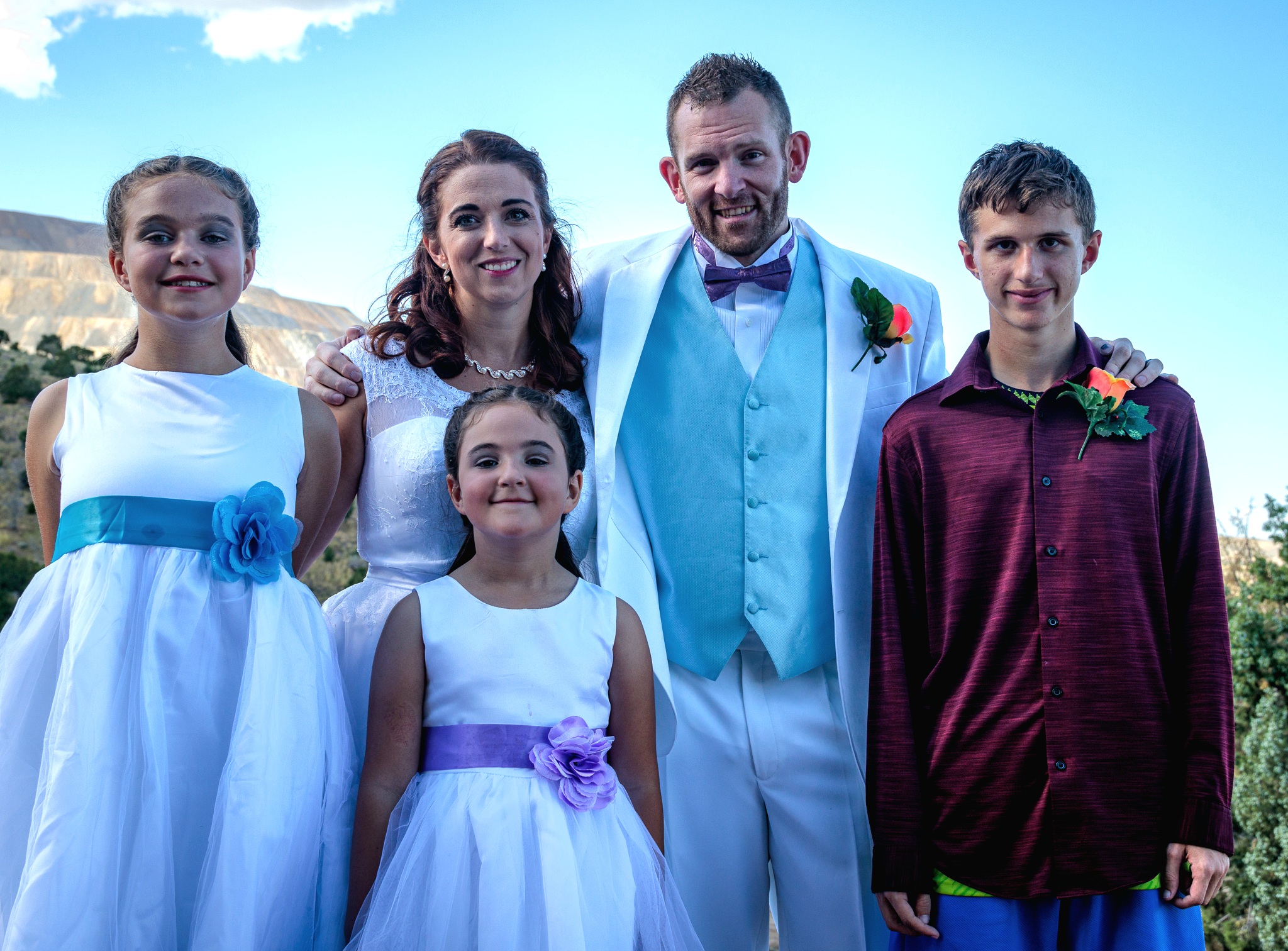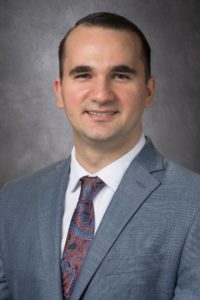
Amanda hopes her cancer journey is a positive example for her kids
April 22, 2024
This is a guest post by Amanda Reitz, a mother of three children who were 13, 9, and 5 years…
Read More
Dr. Elshad Hasanov received a 2021 Young Investigator Award for his project “Investigating genomic drivers of immune checkpoint inhibitors resistance in RCC brain metastasis: implications for immunotherapy.” Hasanov is based at the MD Anderson Cancer Center in Houston, Texas.
We spoke with Hasanov about his work and what it could mean for people with kidney cancer.
Briefly describe your research. What was the initial idea for it?
Not surprisingly, the story started with seeing a patient in the clinic who had a metastatic renal cell carcinoma (RCC) at different body sites. I was in the first year (second month) of the medical oncology fellowship program. With my previous Ph.D. training in tumor biology and immunology, I knew that I wanted to continue working on RCC, but I was not sure of the exact question and problem that I wanted to go after. The patient that I saw helped to define this problem.
Interestingly, the patient received treatment with an immune checkpoint inhibitor plus tyrosine kinase inhibitor and had an excellent response in all known body sites. However, they developed brain metastases despite excellent response in other areas. This observation suggested that these novel combination regimens might not be as effective in brain metastases as in the other bode sites for some unknown reasons. Later, we and others also showed that the brain is one of the most common sites of disease progression after immune checkpoint inhibitor treatment. Moreover, patients with brain metastases had poor survival outcomes in many retrospective studies. Based on all these, personal patient experience, and supporting literature, I was convinced that brain metastases in RCC are a rising problem. We need a dedicated research program to address this challenging manifestation of RCC. Therefore, we built an international network of collaborators and collected RCC brain metastases tissues to investigate their unique molecular features.
What options do patients with brain metastases have now and how might your research impact that, especially since they’re typically excluded from clinical trials?
Thank you for this great question. Indeed, unfortunately, many of the patients with brain metastases are excluded from clinical trials. To answer your question more precisely, we recently collaborated with 45 experts from 26 institutions to build consensus recommendations on managing brain metastases derived from RCC. The manuscript summarizing these findings will be available soon for everyone. The bottom line is surgery and/or radiation treatments are the mainstay of the treatment. We need better and more effective therapies for preventing and also treating brain metastases. The hypothesis-driven molecular profiling studies that we are performing already have some findings that could potentially lay the foundation of new treatments for brain metastases patients. But first, we have to invest more time, energy, and resources to validate them before offering these new treatment options for the patients.
What motivates you?
As a physician-scientist, I enjoy serving the patients that I see in the clinic and trying to help them address their challenges, concerns, and questions. However, there are many other kidney cancer patients in the world that I might not be able to reach and serve as a physician. I am encouraged with the “butterfly effect” of scientific discoveries – being a scientist and having the ability to reach and help all other patients with discoveries that may provide better therapies, prevention strategies for their disease.
Is there anything else you want others to know about you or your work?
Nothing we have done could have been possible without the collaborative efforts of many institutions, experts, patients, their families, and supporters. If we cure cancer one day, that will only be possible with the collaboration of all parties. In fact, in one way, we can say that it is how cancer cells communicate, collaborate, and spread that causes problems. Therefore, if we want to outsmart cancer, we should work together. KCA is an excellent example of how this collaboration can be performed between physicians, scientists, patients, and communities with the ultimate goal of curing kidney cancer.
I also want to thank my great mentor, Dr. Eric Jonasch [at MD Anderson Cancer Center], an exemplary supportive, encouraging, resourceful mentor who helped me building this RCC brain metastases research program.